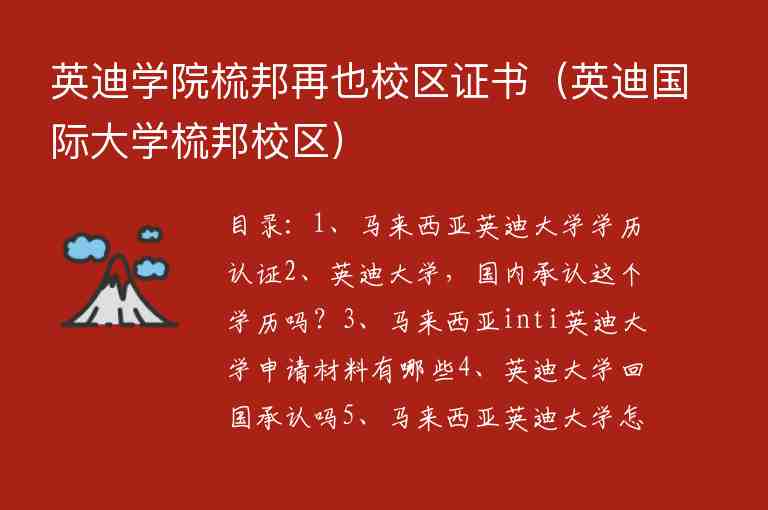英 [ɪnˈekwəti]
美 [ɪnˈekwəti]
一、inequity的意思:
inequity是一个名词,指的是不公平或不公正的事情,也可以指的是不公平的行为或态度。
二、怎么读(音标):
inequity的音标为[ɪnˈekwəti],发音时重点在第二个音节,即“ekw”。
三、用法:
inequity通常用作可数名词,表示具体的不公平或行为。也可用作不可数名词,表示抽象的不公平现象。
四、例句1-5句且中英对照:
1. The government is committed to reducing social inequities and promoting equality for all citizens. (致力于减少社会不公平现象,并促进所有公民的平等。)
2. The company was accused of workplace inequities, with women earning significantly less than men for the same job. (这家公司被指控存在工作场所不公平现象,女性在同样工作岗位上挣得比男性少得多。)
3. The judge's decision was met with cries of inequity from the public, who felt that the sentence was too lenient. (的判决引发了公众对不公正的声,他们认为刑期太轻。)
4. The economic system in this country is plagued by deep-seated inequities, with the wealthy getting richer while the poor struggle to make ends meet. (这个的经济体系受到深层次的不公平问题困扰,富人越来越富裕,而穷人却难以维持生计。)
5. The new policy aims to address income inequities by providing tax breaks for low-income families. (新旨在通过为低收入家庭提供税收优惠来解决收入不公平问题。)
五、同义词及用法:
1. injustice:不公正的事情或行为,强调违背道德、法律或道义的不公平。
e.g. The marginalized groups in society often suffer from injustice and discrimination.
社会上的弱势群体经常遭受不公正和歧视。
2. unfairness:不公平的状态,指对某人或某群体不利或偏袒。
e.g. The distribution of resources in this company is marked by unfairness and favoritism.
这家公司资源分配存在明显的不公平和偏袒现象。
3. inequality:不平等,指在权利、地位、财富等方面存在差异。
e.g. The growing wealth inequality has become a major social issue in many countries.
日益加剧的财富差距已成为许多面临的重大社会问题。
4. discrimination:歧视,指基于种族、性别、年龄等因素而对某人或某群体不公平的对待。
e.g. The company has a strict policy against discrimination in the workplace.
这家公司在工作场所有严格的反歧视。
5. bias:偏见,指主观上带有偏向性的看法或行为。
e.g. The judge's decision was influenced by his personal bias against the defendant.
的判决受到他个人对被告的偏见影响。
六、编辑总结:
inequity是一个常用词汇,可以指具体的不公平或行为,也可以指抽象的不公平现象。它与其他几个近义词如injustice、unfairness等有着细微的区别,需要根据具体语境来选择使用。作为网络词典编辑翻译人员,在编写释义时应该注意避免出现重复使用同一单词,可以结合实际例句来解释该词汇,并提供一些同义词及用法来帮助读者更好地理解和记忆。

